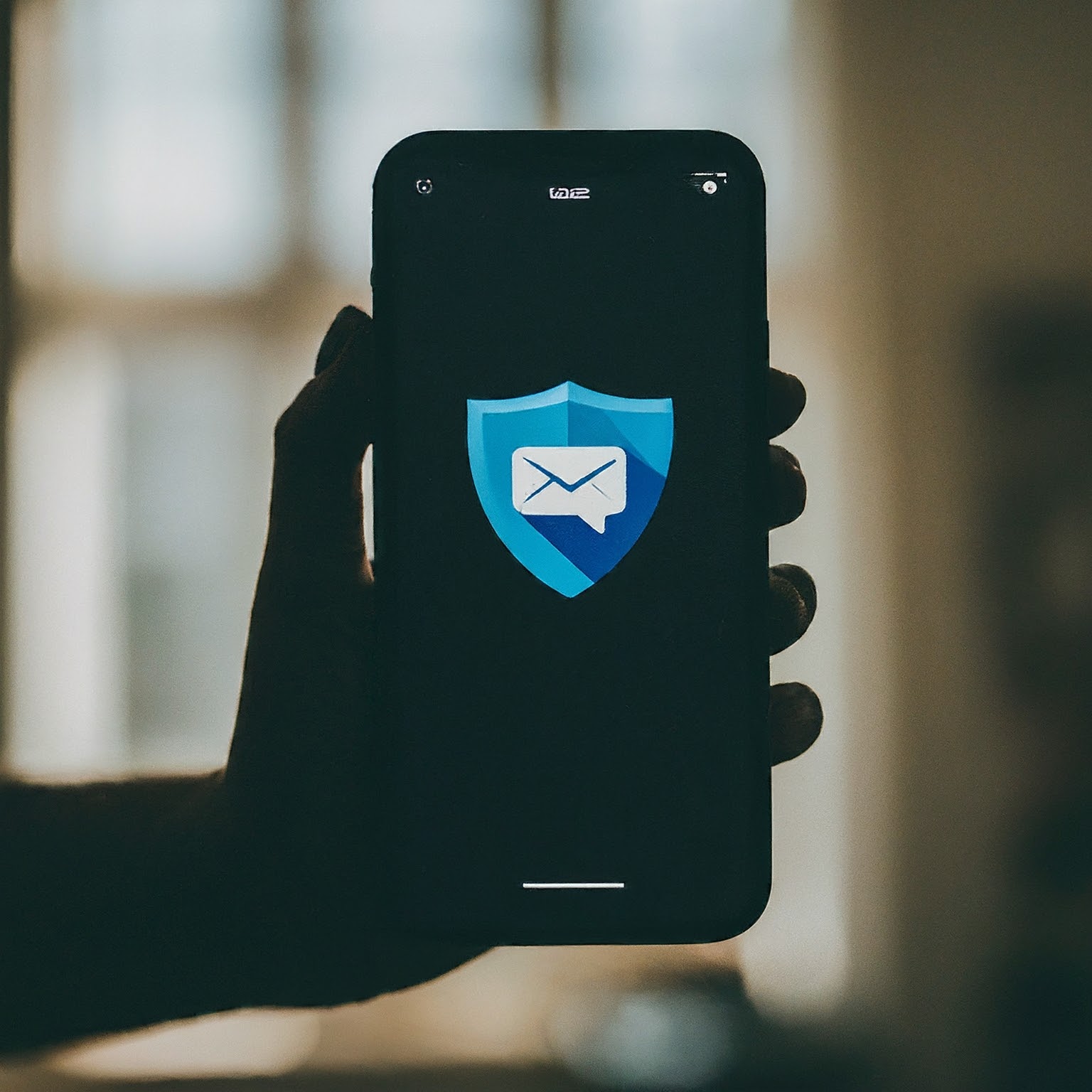In today’s digital age, where privacy concerns are paramount, the desire for secure and untraceable text apps is stronger than ever. However, achieving complete anonymity in the digital world is a complex challenge. This article delves into the world of supposedly untraceable text apps, exploring their features, limitations, and the legal considerations surrounding their use.

Unveiling the Myth: Can Text Apps Be Truly Untraceable?
Unfortunately, there’s no such thing as a truly untraceable text app. All communication methods leave a digital footprint somewhere. Here’s why achieving complete anonymity is difficult:
Device Identification: When you download and install an app, your device information (like model, operating system version) might be logged. This can potentially link you to the app’s usage.
Network Connectivity: Regardless of the app, you’ll need an internet connection to send and receive messages. This connection can be traced back to your internet service provider (ISP) and potentially even your physical location.
Server Infrastructure: Even if the app encrypts messages, the messages themselves need to be routed through servers. These servers, while secure in some apps, can be subpoenaed by law enforcement, revealing usage data.
Metadata: Even with encrypted messages, metadata like timestamps and recipient information can be collected, offering clues about communication patterns.
Therefore, the focus should shift from “untraceable” to “privacy-focused” apps that offer strong encryption and minimize data collection.
Exploring Privacy-Focused Text Apps: Features and Considerations
While complete anonymity might be elusive, several apps prioritize user privacy:
End-to-End Encryption: This encryption scrambles messages on the sender’s device and decrypts them only on the recipient’s device. This makes it difficult for anyone intercepting the message to read its content.
Self-Destructing Messages: Some apps allow messages to disappear after a set time, minimizing the chance of data being retrieved from a device.
Limited Data Collection: Privacy-focused apps minimize the data they collect about your usage, reducing the amount of information that can be traced back to you.
Open-Source Code: Open-source apps allow independent security researchers to scrutinize the app’s code, potentially identifying and addressing vulnerabilities.
However, it’s crucial to remember:
No App is Perfect: Every app has its own set of vulnerabilities and limitations. It’s essential to research the app’s security practices and reputation before using it.
Legality: Laws regarding encryption and anonymous communication vary by region. Using certain apps might be illegal in your jurisdiction.
It’s your responsibility to understand the legal implications before using any app that claims to offer untraceable communication.
Popular Privacy-Focused Text Apps: A Look at Some Options
Here’s a brief overview of some popular privacy-focused text apps (remember, these aren’t guaranteed to be untraceable):
Signal: An open-source app known for its strong end-to-end encryption and focus on user privacy.
Telegram: Offers end-to-end encryption for secret chats and disappearing messages, but some user data is stored on company servers.
Wickr Me: Emphasizes impermanence with self-destructing messages and disappearing profiles. However, some metadata might still be collected.
Silence: An open-source app focused on privacy for SMS/MMS messaging on Android devices.
This is not an exhaustive list, and new apps are constantly emerging. It’s important to research each app’s specific features and security practices before choosing one.

Beyond Text Apps: Enhancing Your Overall Privacy
While privacy-focused text apps can be a helpful tool, here are some additional tips for enhancing your overall digital privacy:
Use a Virtual Private Network (VPN): A VPN encrypts your internet traffic, making it more difficult to track your online activity.
Be Mindful of Your Online Footprint: Limit the amount of personal information you share online, and be cautious about clicking on unknown links or downloading attachments.
Use Strong Passwords and Multi-Factor Authentication: Use unique and complex passwords for all your online accounts and enable multi-factor authentication for added security.
By combining these strategies with a privacy-focused text app, you can take significant steps towards protecting your online privacy and confidential communication.
Remember, absolute anonymity online is a complex issue. While some apps offer enhanced privacy features, complete untraceability remains elusive. By understanding the limitations and legal considerations, you can make informed decisions about the tools you use to communicate privately.